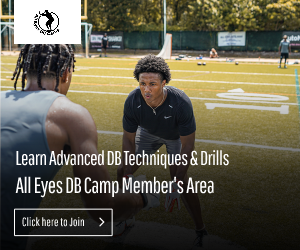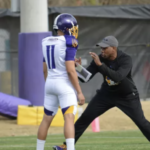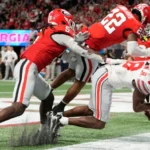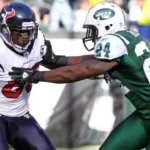Search Your Defensive Back Topic
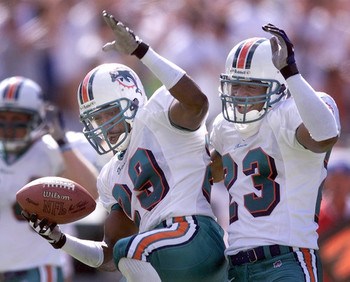
Dynamic Duos: Part I Patrick Surtain and Sam Madison
Dynamic Duos: Part I – 2000 Pat Surtain and Sam Madison – Miami Dolphins By: Chad Wilson – All Eyes DB Camp IG: @alleyesdbcamp I’m kicking off a new series here on All Eyes DB Camp called Dynamic Duos as I pay homage to some of the best cornerbac...
Read More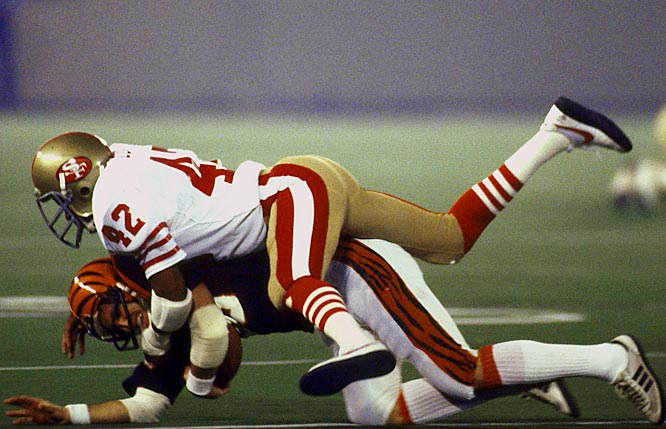
Know Your DB History: Ronnie Lott
By: Chad Wilson – All Eyes DB Camp IG: @AllEyesDBCamp There have been many great safeties to play this game but no list of the top safeties makes sense or is complete without Ronnie Lott’s name on it. To say that Lott made an impact when he played the game wo...
Read More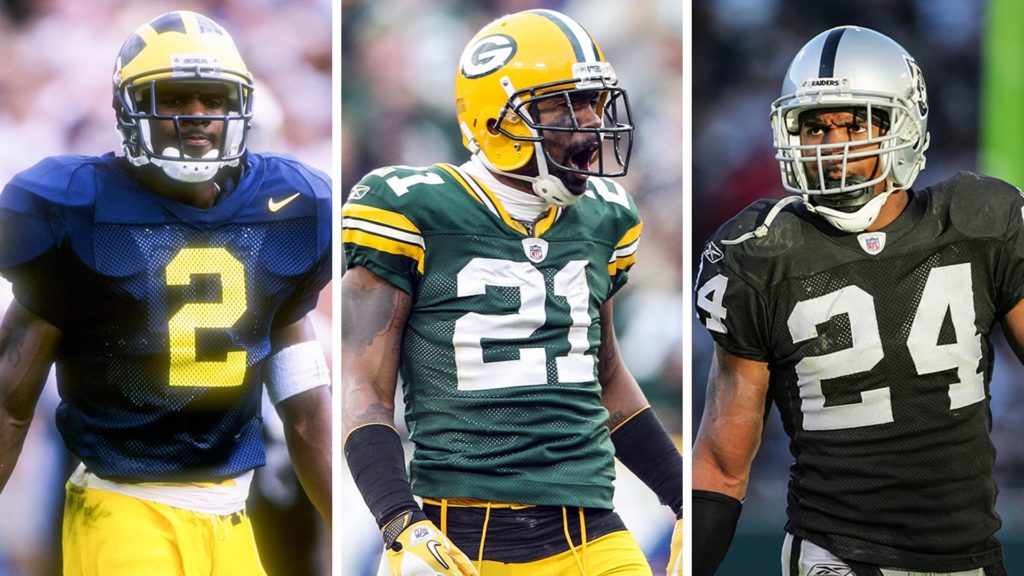
Know Your DB History: Charles Woodson
By: Chad Wilson – Owner – AlleyesDBCamp.com IG: @alleyesdbcamp We all know that Prime Time is the GOAT but many of you may not know the person I consider to be the 2nd best defensive back of all time and he goes by the name of Charles Woodson. Woodson was a standou...
Read More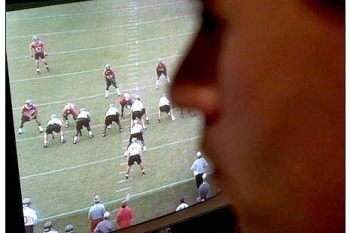
Amp Your Game Up with Film Study
By: Chad Wilson – All Eyes DB Camp IG: @alleyesdbcamp Everybody wants to make plays but not everybody knows how. Everybody wants to make plays but not everybody wants to put in the work to be a playmaker. In our heavy training and “Do It For the Gram” s...
Read More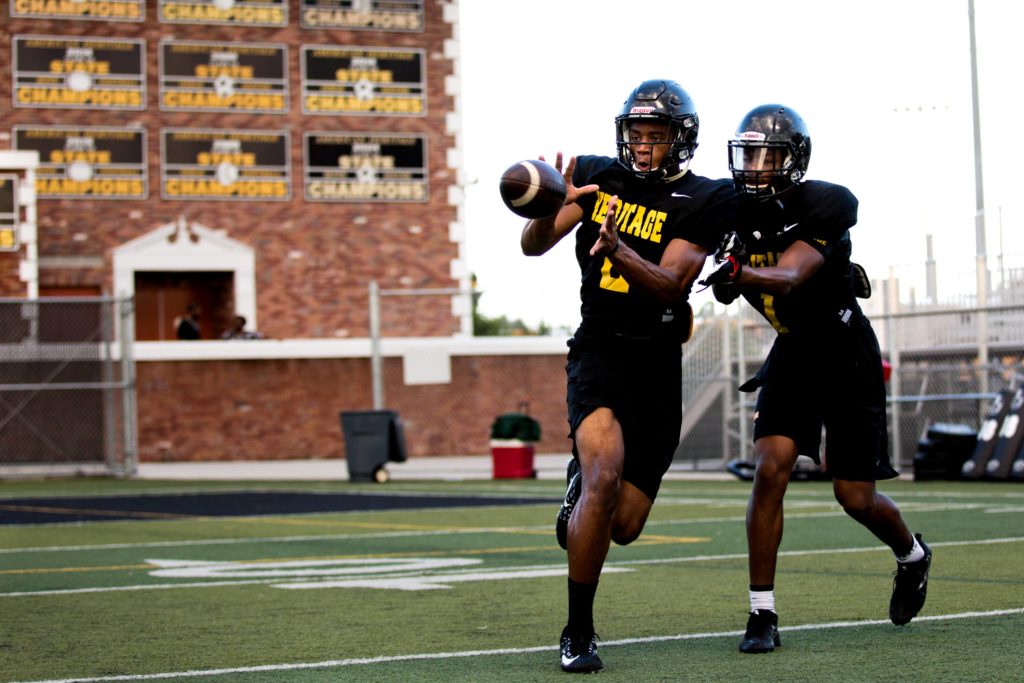
Do Your Drills Match Your Scheme?
Do Your Drills Match Your Scheme? By: Chad Wilson – All Eyes DB Camp Instagram: @alleyesdbcamp Ever heard the curtains don’t match the drapes? Well get your mind out of the gutter. To make my point, you can’t have floral print curtains with ...
Read More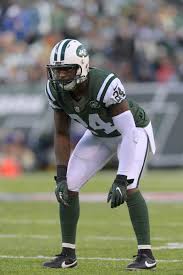
Know Your DB History: Darrelle Revis
By: Chad Wilson – Owner – All Eyes DB Camp IG: @alleyesdbcamp With the announcement of his retirement today, it seemed only fitting to do this edition of the “Know Your DB History” on the man who had a term named after him, Darrelle Revis. A...
Read More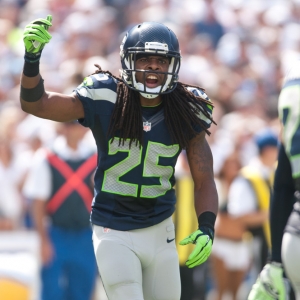
3 Things Every DB Should Have in Their Toolbox
3 Things Every DB Should Have in Their Toolbox By: Chad Wilson – Owner – All Eyes DB Camp Instagram: @alleyesdbcamp I often get asked for tips on playing defensive back and often find myself at a loss for what to say. There is no tip I can give someone in pas...
Read More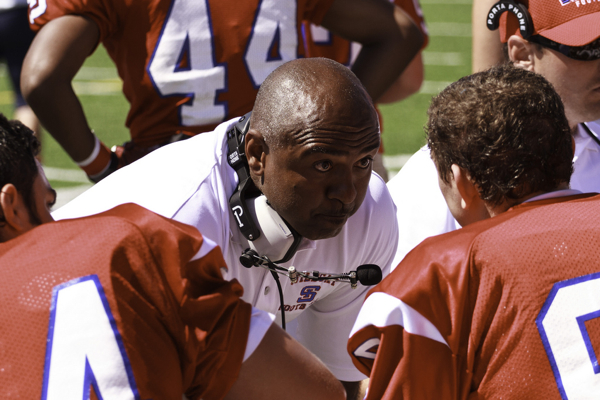
When Your Coach Is Talking, Look at Him
When Your Coach Is Talking, Look at Him By: Chad Wilson IG: @AllEyesDBCamp Coaches talk, that’s what they do. Coaches are teachers and like teachers there is an overwhelming need to speak as that is the major way to communicate information to both those who s...
Read More
Know Your DB History: Aenas Wiliams
KNOW Your DB History: Aeneas Williams There are DBs that got a lot of attention during their NFL careers and there are other great ones that seemed to get very little. Former Cardinal’s cornerback / free safety, Aeneas Williams would fall into the latter category. ...
Read More
